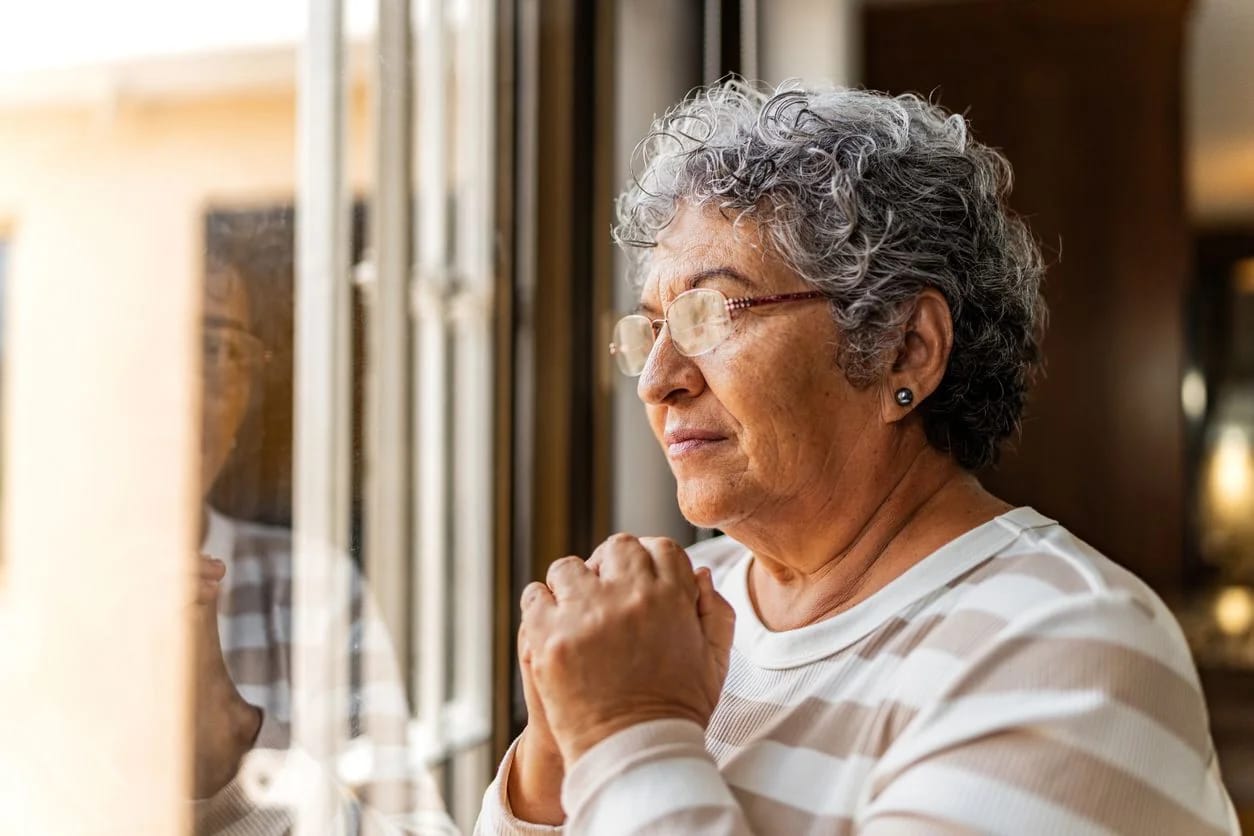When to Move from Independent to Assisted Living

Recognizing when to move from independent to assisted living is crucial for ensuring the well-being and quality of life of seniors. This decision can be challenging but making it at the right moment can significantly enhance their overall health, safety, and happiness. Timely decision-making allows seniors to receive the necessary support and care, preventing potential health risks and accidents.
Additionally, moving to an assisted living community can alleviate the stress and burden on family members, providing peace of mind knowing their loved ones are in a safe and supportive environment. By addressing these needs early, older adults can enjoy a higher quality of life, engage in social activities, and benefit from professional care tailored to their specific requirements.
Identifying Seniors’ Level of Need
If your loved ones are transitioning from independent living to assisted living, it may be because their level of need has changed. Medical professionals can determine this with different types of assessments:
Physical Health Assessments
Assessing physical health is a key step in determining if a senior needs to move to assisted living:
- Mobility Issues: Seniors experiencing difficulty walking or frequent falls may need more support.
- Challenges With Activities of Daily Living (ADLs): If bathing, dressing or other activities of daily living become challenging, it’s a clear sign they may benefit from assisted living.
- Chronic Medical Conditions: Managing ongoing health issues can become increasingly difficult without assistance. Assisted living can provide nursing care and medication management.
Cognitive Health Assessments
Cognitive health is another critical area to evaluate:
- Memory Loss or Confusion: Persistent forgetfulness or confusion can be dangerous.
- Decision-Making Difficulties: Struggling with everyday decisions can indicate a need for more structured support.
- Behavioral Changes: Wandering or getting lost are significant signs that a higher level of care is needed.
Signs of Needs Are Increasing
Certain indicators suggest that it’s time to consider assisted living:
- Worsening Medical Conditions: As health issues progress, additional care becomes necessary.
- Increased Difficulty with ADLs: Struggling with basic self-care tasks is a major red flag.
- Social Isolation or Withdrawal: A lack of social interaction can negatively impact mental health and is a sign that a more supportive environment is needed.
Independent Living vs. Assisted Living
Independent Living
Independent living is designed for seniors who are still capable of taking care of themselves but want a community-focused environment:
- Focus On Social Activities: Engages seniors mentally and physically through various activities
- Self-Care: Residents handle their own daily needs without assistance
Assisted Living
Assisted living, on the other hand, provides more comprehensive support:
- Support With ADLs: Help with bathing, dressing, and other daily activities
- Medical Care: Ongoing health management and emergency response
- Safety and Social Interaction: Structured environment that promotes social engagement and ensures safety
Evaluating Other Options
There are various care options to consider besides assisted living:
Personal Care Homes
- Smaller, Homelike Environments: Offer a more intimate setting
- Focus On Personal Care: Prioritized meals and daily personal care
Memory Care Communities
- Specialized Care: Tailored for seniors with Alzheimer’s or other forms of dementia
- Secure Environments: Provide safety and structured activities
Continuing Care Retirement Communities (CCRCs)
- Comprehensive Care: Range from independent living to skilled nursing
- Seamless Transitions: Easy movement between different levels of care as needs change
Timing the Transition
Warning Signs
It’s important to recognize when a transition is necessary:
- Health and Hygiene Issues: Difficulty managing these aspects can indicate the need for assisted living.
- Safety Concerns: Frequent falls or other safety risks highlight the need for a safer environment.

Planning Ahead
Early and open discussions are vital:
- Conversations With Loved Ones: Engage family members early on.
- Involving the Senior: Ensure the senior is part of the decision-making process.
Preparing for the Transition
Choosing a Community
Selecting the right assisted living community involves several considerations:
- Location, Services, and Cost: Assess what is most important for the senior’s well-being.
- In-Person Visits: Visit communities to get a firsthand feel of the environment and services offered.
Downsizing and Organizing
Preparing for the move can be a significant task:
- Start Early: Begin the process well in advance to reduce stress.
- Categorize Belongings: Decide what to keep, donate or discard.
- Pack Essentials: Ensure familiar items are included to help with the adjustment.
Adjusting to Assisted Living
Emotional Adaptation
The emotional aspect of transitioning to assisted living should not be overlooked:
- Acknowledging Emotions: Recognize and address any feelings of anxiety or sadness.
- Providing Support: Reassure and support the senior through this change.
Social Integration
Encouraging social engagement is key to a smooth transition:
- Community Activities: Promote participation in activities to foster new relationships.
- Maintain Existing Relationships: Encourage visits and communication with family and friends.

Transition To Assisted Living with Peace of Mind with Cascade Living Group
Cascade Living Group is dedicated to helping seniors transition to assisted living with ease and compassion. Our team provides comprehensive assessments to help identify when the right time is for a move and supports families through every step of the process. We understand that moving to senior living or transitioning to a different living option can be a significant change, and we’re here to make it as smooth as possible.
Our services extend beyond just finding the right community. We can support your loved ones through the downsizing process as seniors sort through their belongings, decide what to keep, and organize the move. This can often be an emotional and overwhelming task, but our compassionate team is here to provide support and guidance.
Once the transition is made, our focus shifts to ensuring that each resident feels valued and well cared for. From personalized care plans tailored to individual needs to engaging social activities that promote community and connection, Cascade Senior Living is committed to enhancing the quality of life for residents. Our safe and supportive environment allows seniors to thrive with the added peace of mind that their needs are being met.
Find the community closest to you to learn how we can help make this important transition as seamless and comfortable as possible for you and your loved ones.


